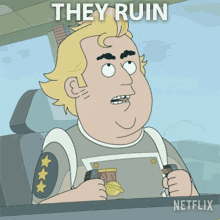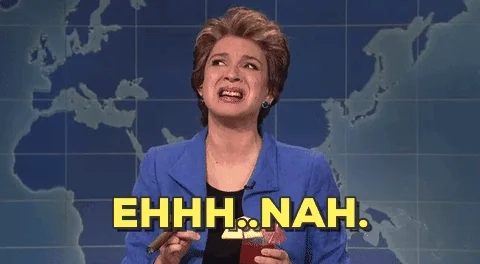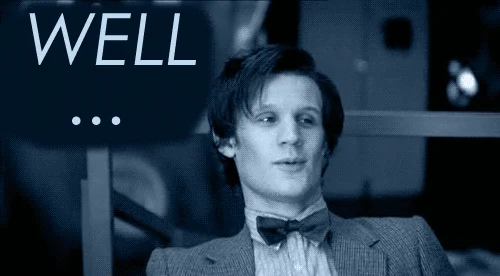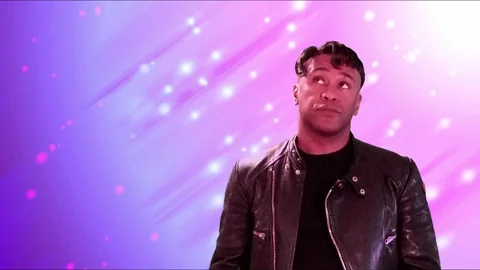Originally published at: Steven Spielberg feels guilty about how Jaws made sharks look bad and led to their senseless deaths | Boing Boing
…
this is why we can’t have nice things.
that Benchley and Spielberg both decry their epic sea monster tale and the HUGE devastation in shark populations (not just white sharks, but every species of shark has been under attack by 'fraidy cat humans) it caused, is telling.
it is also too little and way too late.
if i have not said this before, then here goes -
sharks are cool, goddammit!

Maybe - just spitballing here - use some of your $4B net worth/ $150M a year income to, I don’t know, do something about it?
Maybe credit where he actually said it (not to the Hollywood Reporter) which was on Desert Island Discs on BBC Radio 4, yesterday.

That’s just crazy talk… /s
Exactly. Advocate for bans on sportfishing for sharks. Even more importantly, fight commercial finning, which kills off millions of sharks per year. Congress finally banned US participation in this brutal practice three days ago. But there is a lot of work to be done still to end the practice globally.
Done! Thanks!
In the movie, wasn’t it literally one shark that did all the killing?
#NotAllGreatWhiteSharks
It did help to create the notion that sharks, especially great whites, are vicious killers.
It ran in the family.
In the novelization of the film (written by Hank Searls), it is revealed early in the book that Brucette was, in fact, the mate of the first shark (Bruce) that originally terrorized Amity.
Returning to the same waters, Brucette manages to give birth to only one shark pup before or during her being electrocuted. Years later, during the events of the novelization for Jaws: The Revenge (also written by Seals), Brucette’s sole surviving pup would return as an adult to once more to threaten the Brody family. Apparently, the electrocution had caused a mutation, thereby enhancing the pup’s DNA and accelerating its growth process.
“Still doesn’t look real.”
– Marty McFly
Sure, but by the same token, Silence of the Lambs created the notion that psychiatrists (e.g. Lechter) are vicious serial killers. Except it didn’t–not because anything the director did, but because viewers actually used their brains and didn’t jump to the conclusion that all psychiatrists are killers.
The difference between the two movies isn’t so much in the writing or directing, but the fact that viewers find it incredibly easy to jump to a conclusion about something they’re already uninformed about. So while Spielberg may arguably be somewhat guilty, I’d say the vast majority of the guilt is on the ignorant viewers.
If we want to talk about genuinely harmful stereotypes popularized by The Silence of the Lambs then how about the fact that it reinforced the image of trans people as demented psychopaths? That movie’s image of Buffalo Bill did have a real and lasting impact on how a lot of people saw LGBTQ+ folks.
*OK, technically there was some hand-waving in both the novel and the film adaptation that Buffalo Bill wasn’t “really” a trans person, he just thought he was. To this I say: 1) what the fuck does that even mean? and 2) that qualifier didn’t change how audiences saw the character one bit.
We have a very different view of other humans and other types of animals… Many people in the 20th century became urban dwellers and lost regular contact with nature and many kinds of wild animals.

It’s really hard to know everything about everything. Most people only know a tiny bit of the vast amount of information generated by humanity in their heads at any one time. Most people do not live on a coast where they come into regular contact with marine wildlife. You’re expectation that all human beings in the 1970s - well before we had vast swaths of easily accessible information at our finger tips in the form of the internet (which in reality has not been nearly as good at combating ignorance as techno-utopians would like us to believe) - should have just KNOWN that GWS aren’t that dangerous like Jaws is a bit unrealistic…

I read the book and loved the original film.
But then I made the mistake of reading more Peter Benchley.
I am going to introduce spoilers in the next paragraph, and I’m not gonna blur them, for your own good.
So, “Beast”, by Benchley, was the last one of his I read. The story of a gigantic squid (whose only natural predator is the killer whale.)
I won’t bore you with the story (because it is).
Suffice to say, in the last pages, our protagonist is (very Jaws-like), up against the beast in question. He is on a boat laden with shotguns, rifles, dynamite, etc.
Naturally the boat gets pulled to pieces, he is grabbed by said squid after all weapons have sunk and then, the best bit, a chainsaw floats past on a bit of wood. Our hero grabs it, it starts on the third pull, the chainsaw skidding across the gnashing beak of the giant beast.
Suddenly, from out of the depths, a killer whale emerges and bites the beast off behind the neck.
This is the one and only day I have torn a paperback in half and thrown it across the lounge bar, much to the amusement of my friends. But at least I saved them that pain.
eta: forgot a bracket
eta2: boat not boast
The resposibility of clear communication is on the communicator, not on the audience.
I think I read White Shark in the mid-90s and it was awful. Truly bad. It’s the only book of his I’ve read and it left me with zero desire to read anything else he’s written.
I’ve never heard of that one, but thanks for the warning.
TBF, his name alone has been a warning long enough. He did do one book with pirates in, which I seem to recall enjoying (not enough to google it), back in the eighties.
